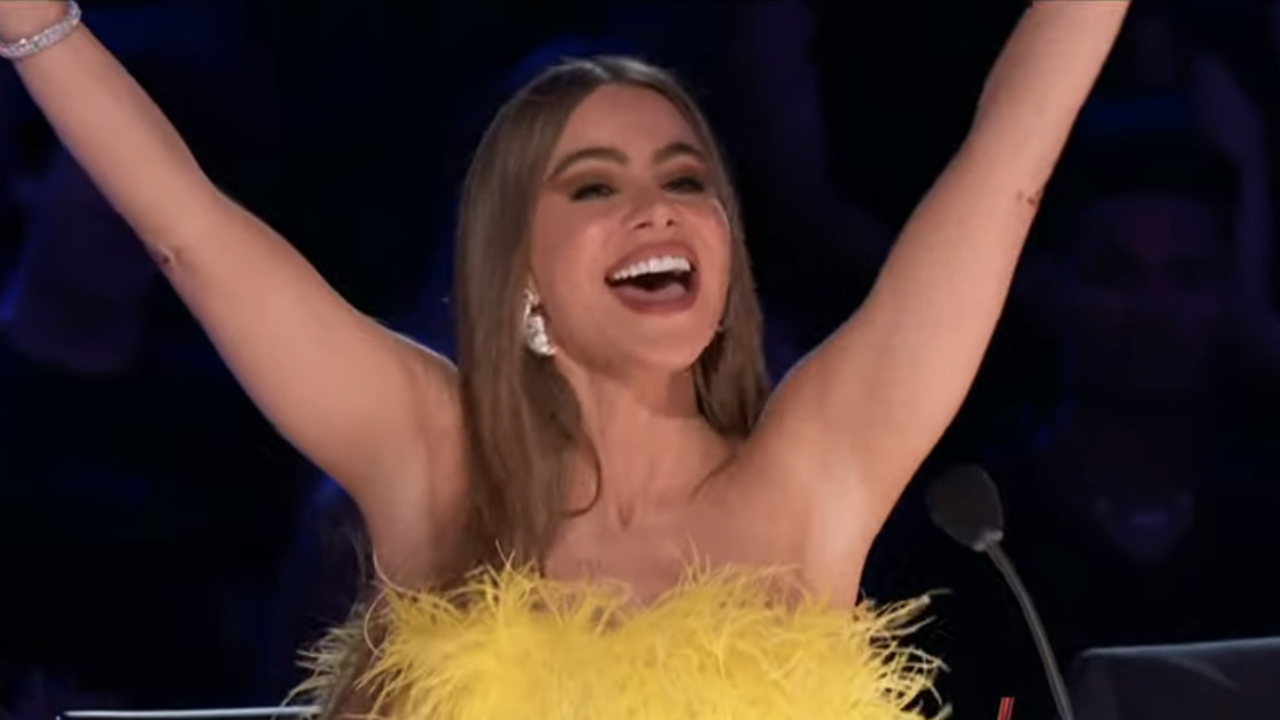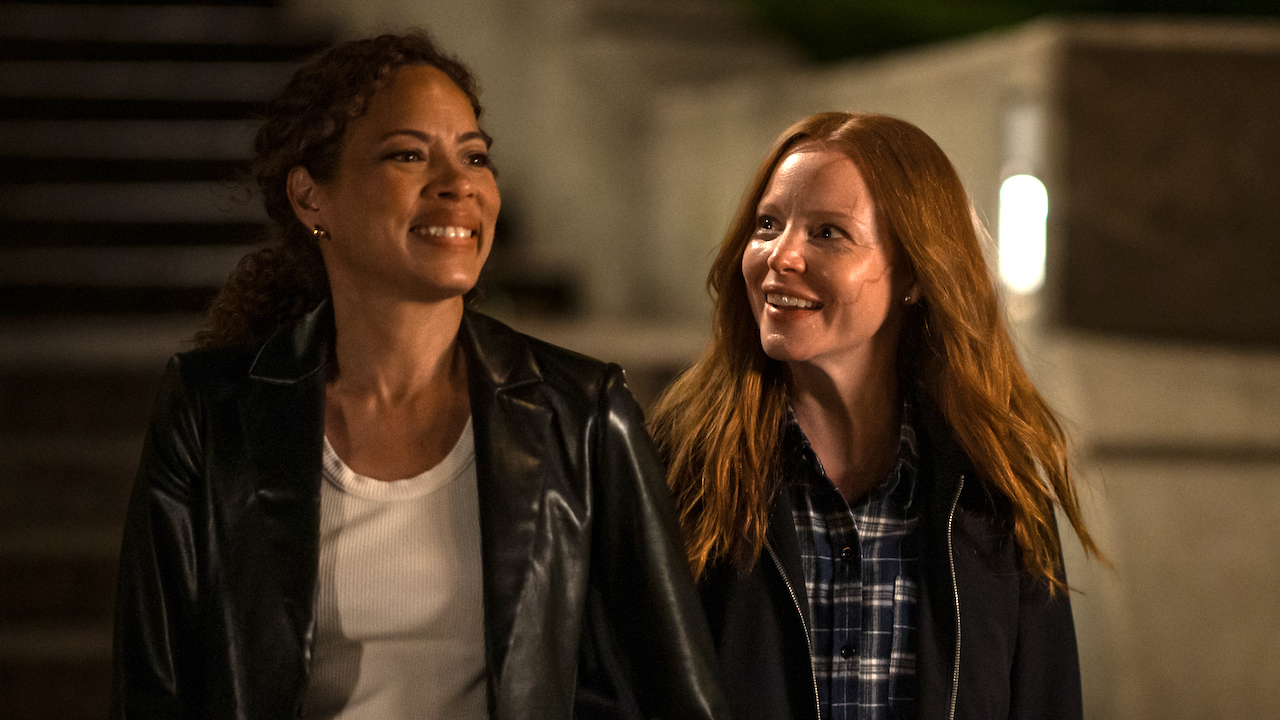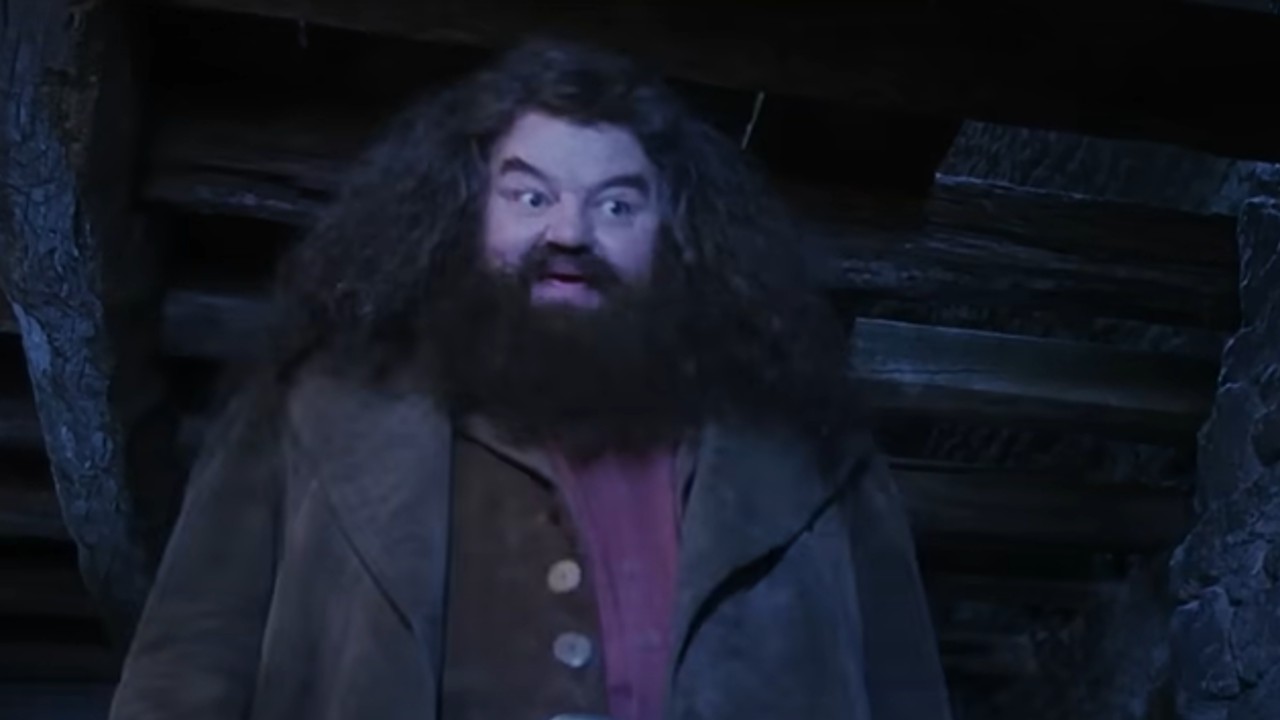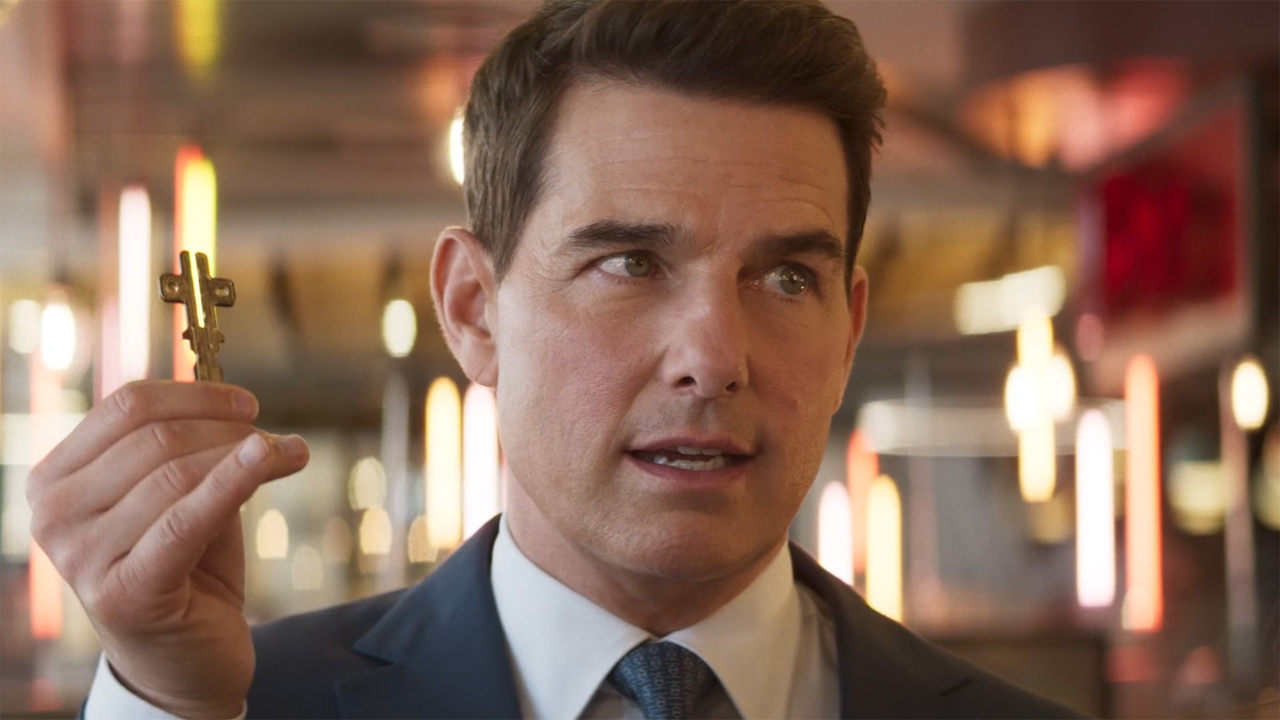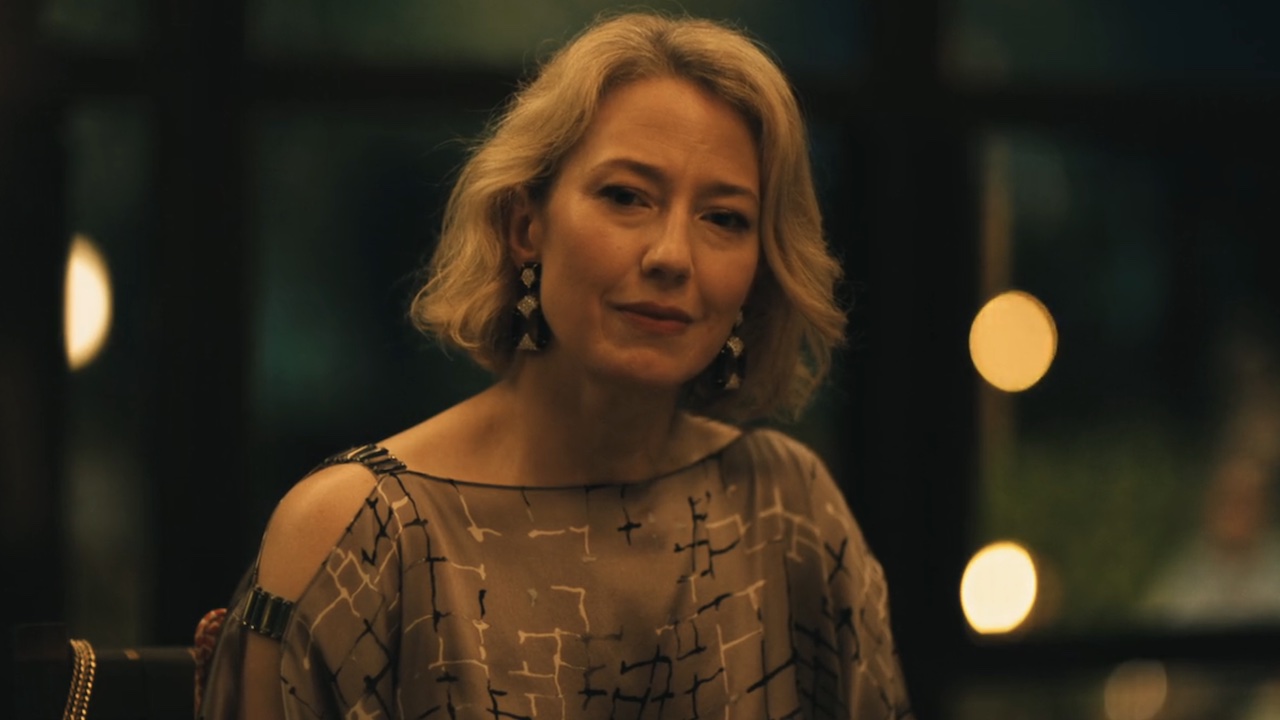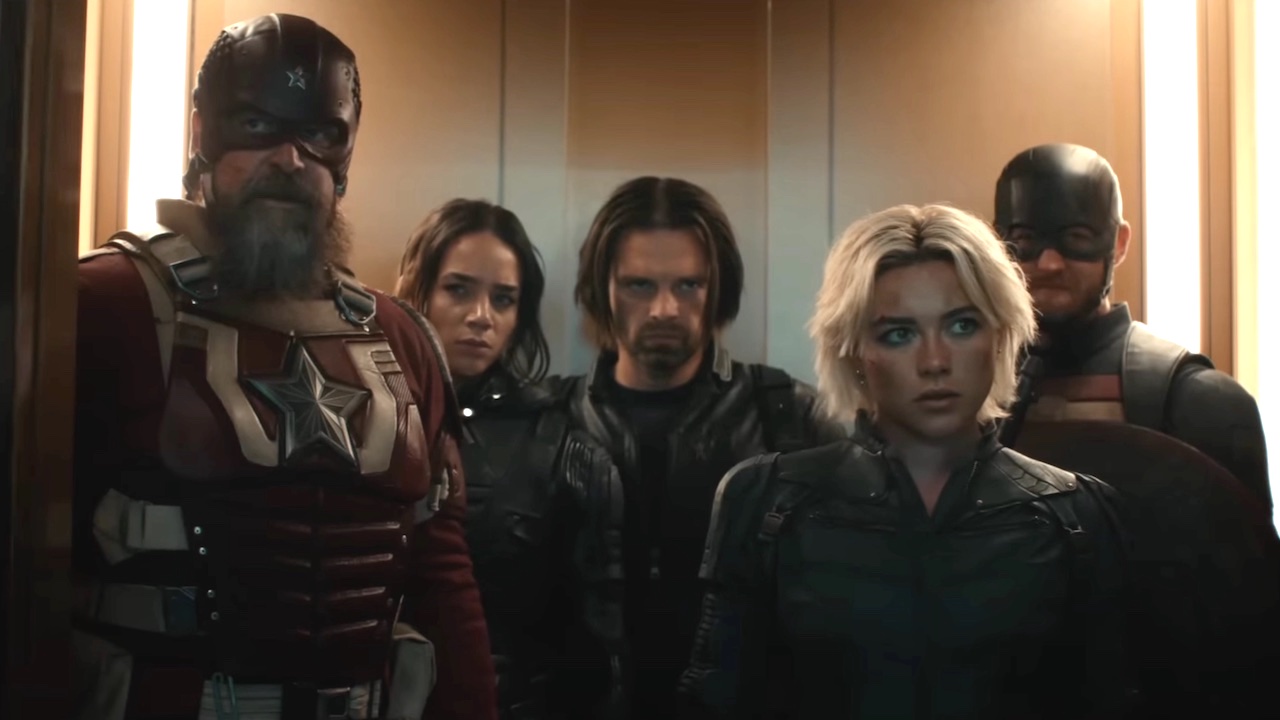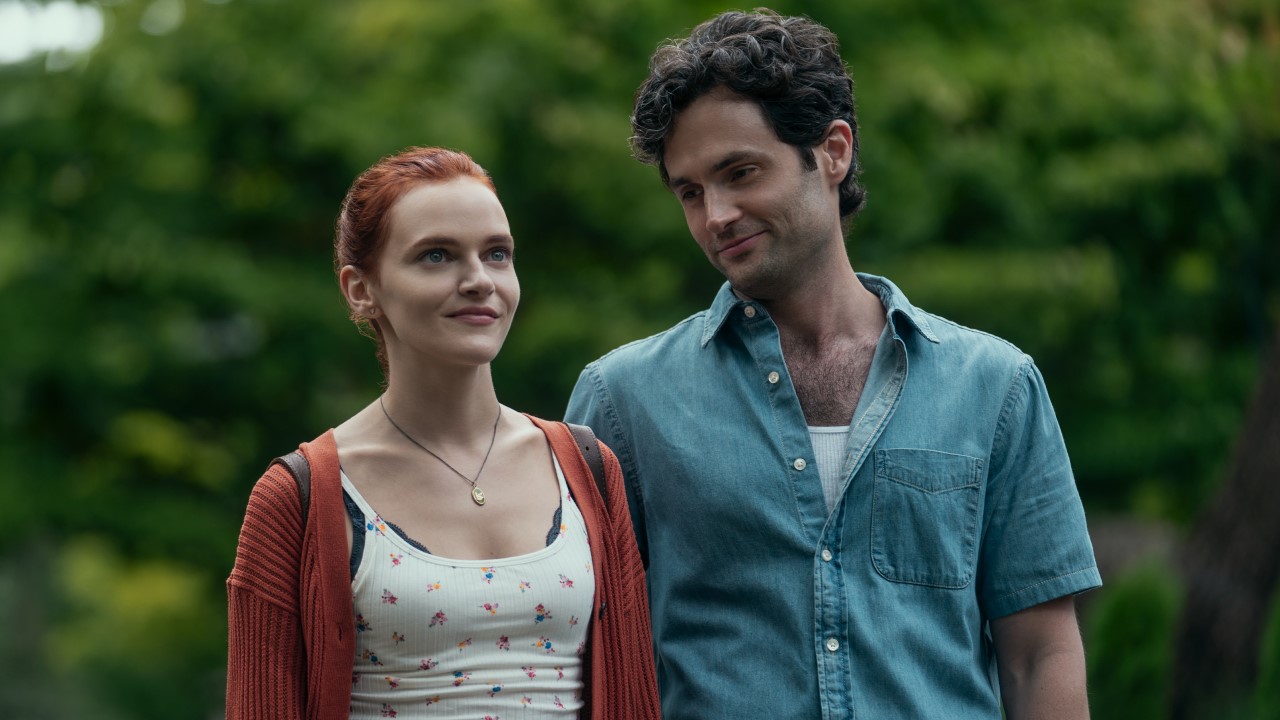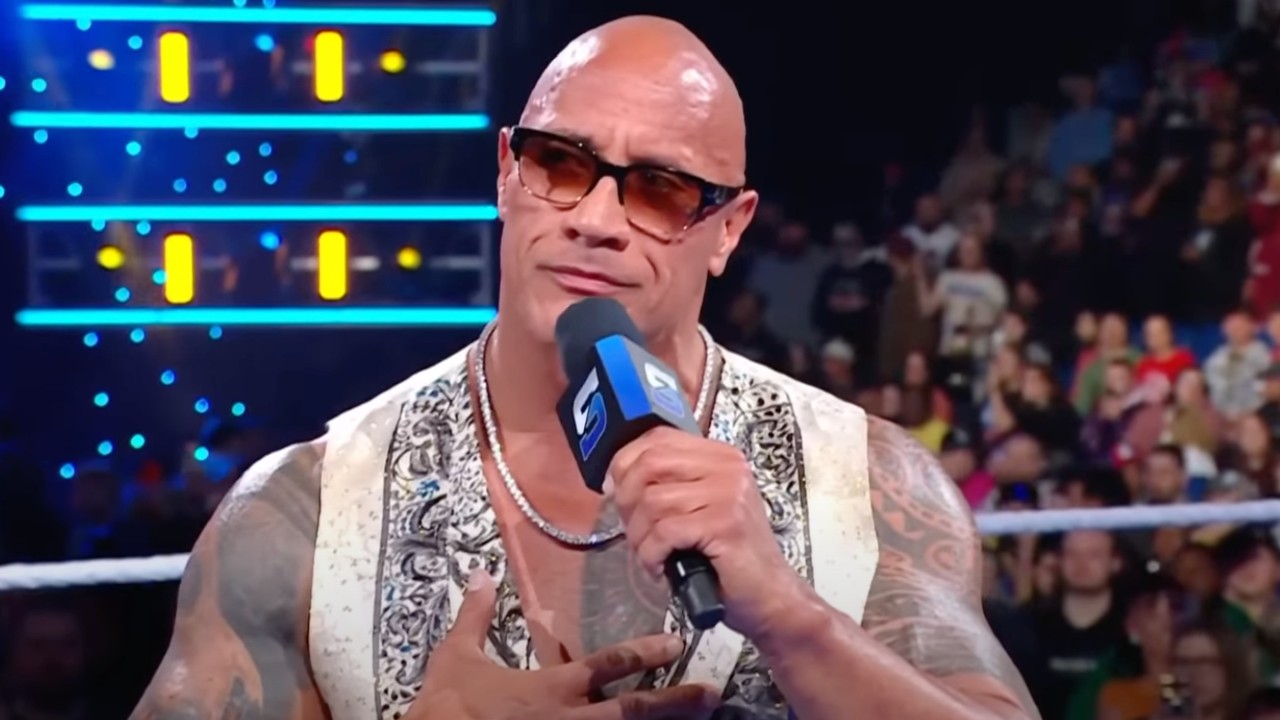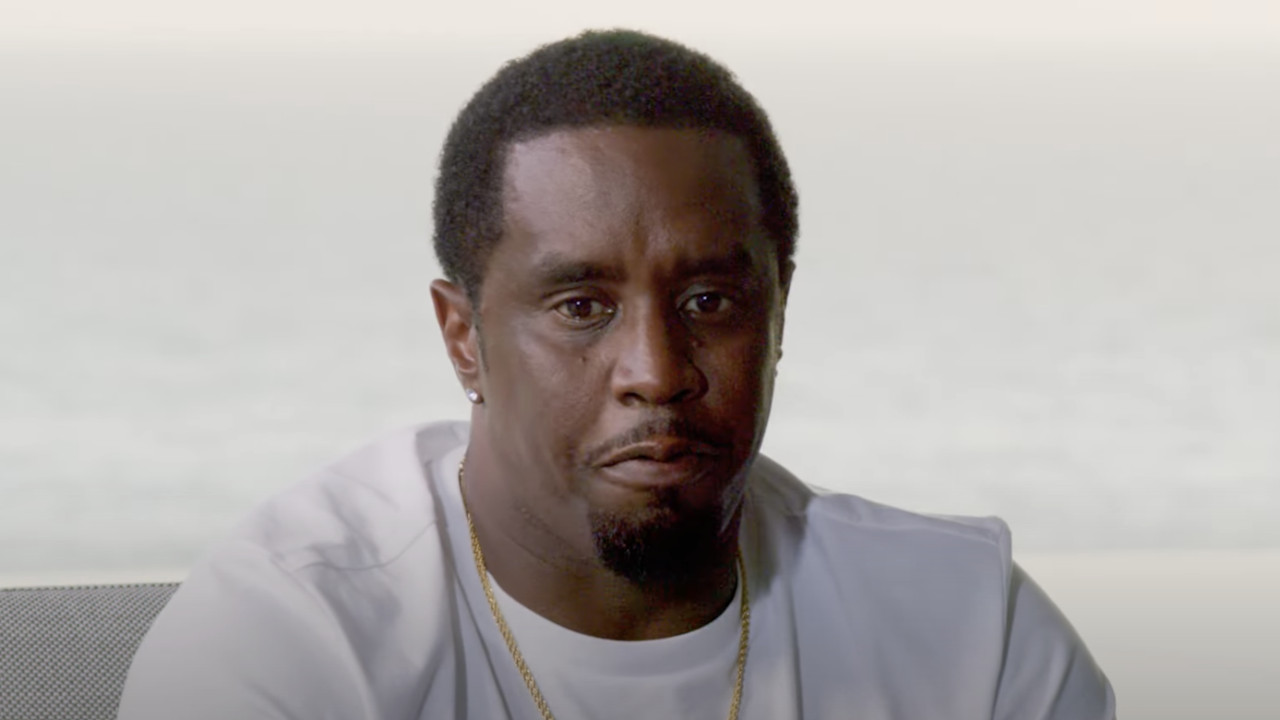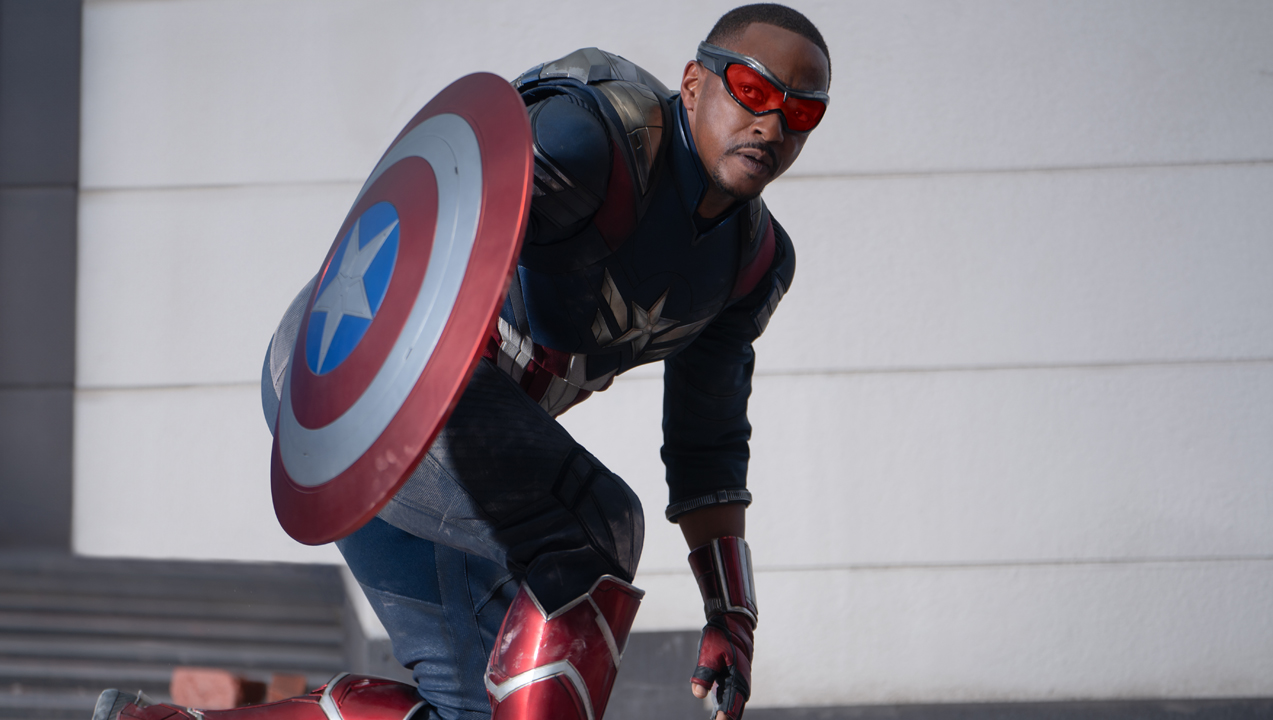Arrival Ending: 6 Burning Questions We're Still Thinking About
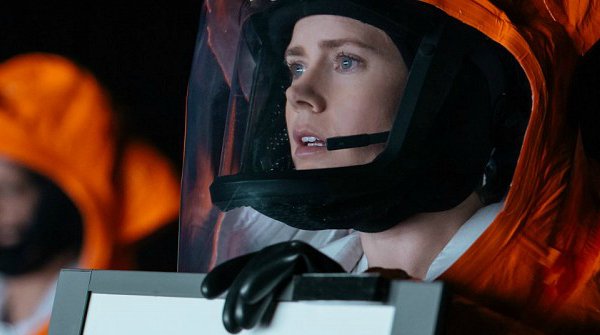
It's been a few days since we caught up with Denis Villeneuve's fascinating and probing sci-fi drama Arrival, and we basically haven't stopped thinking about it since. Building off of a dense and complicated short story titled, appropriately, "The Story of Your Life," Arrival casts Amy Adams as a world-renowned linguist trying to figure out why aliens have come to our planet -- before the military blows them to smithereens.
The secret to Arrival ends up being language and communication, the ways that we speak to each other, and the different ways we can translate intent and meaning in words and phrases. The key to understanding the movie lies in the acceptance of an alien language Louise wants to understand this language so she can decipher WHY the aliens have come to our planet -- for the answer to that question will either lead to, or prevent, war.
That's far from the only question that we in the CinemaBlend offices have been throwing around after screening Arrival. So I'm going to talk through the following points, so I can better understand Villeneuve's complex masterpiece, and maybe help you guys figure out a few elements, as well. Needless to say, this story will be drenched in Arrival spoilers, so bail out now if you haven't yet seen the film.
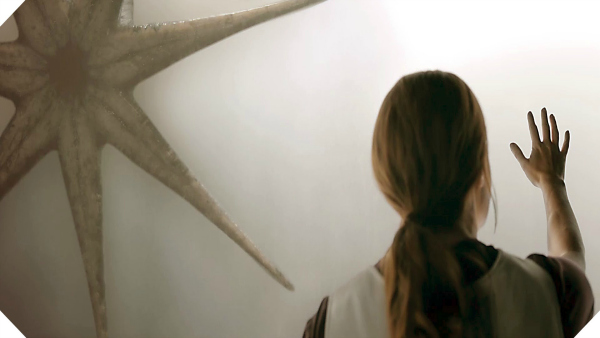
What Is The Aliens' True Purpose?
It's my understanding that the aliens came to our planet to teach us how to understand heptapod, their circular language and method of communicating. And they had an important reason. Being able to read or speak in heptapod means that you are able to see a person's entire timeline -- their entire Life Sentence -- from start to finish. The aliens, through the use of this foreign language, are able to change our perceptions of time (because the past and future essentially can be seen at the same time). And in the future -- like, 3,000 years in the future -- the aliens are going to need mankind's help... for an undetermined issue. Understanding heptapod is the tool, or "weapon," the aliens are trying to share with humanity, because they know they are going to need us later.
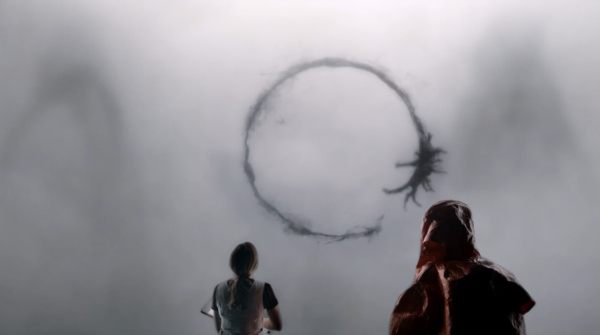
How Does The Alien Language Work?
When we were able to interview Arrival screenwriter Eric Heisserer, he explained to us that the heptapod language was always the toughest element of the story to crack, primarily because it was a difficult language and symbol to convey on screen. They went with a circular image, because it conveyed, essentially, that time and communication were a loop, and that you don't have to wait for words to come out to finish a sentence, or a thought. When the aliens interacting with Amy Adams and Jeremy Renner in the movie -- nicknamed Abbott and Costello -- communicate, they burp out a full circular "conversation," and understanding how to translate heptapod means that you instantly understand all of it. By the end of the movie, we learn that heptapod eventually becomes our planet's universal language, and Louise (Amy Adams) has become a master instructor in the language. This helps explain the answer to our next question.
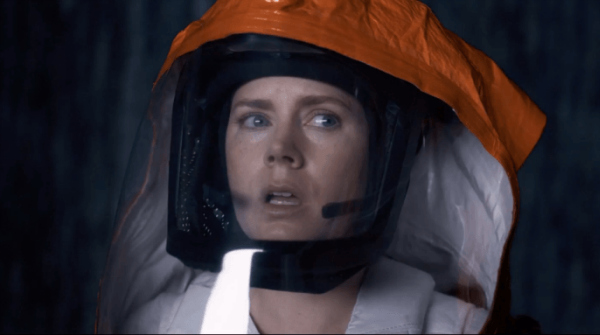
How Can Louise See The Future?
This is where it gets interesting. Translating heptapod doesn't really mean that you can "see" the future, so much as you can understand fully what has happened on your own timeline... and also what WILL Happen. You "remember" things that you once "forgot," because you never really knew them in the first place. They are memories of events that haven't yet happened, and Arrival has been showing them to us the entire time in the flashbacks to Louise's daughter, Hannah. We thought they were flashbacks, that Louise was coping with the death of her child by the time the aliens arrived. Nope. Hannah is born, and eventually dies, in a future that hasn't happened... but one that Louise can "see" and understand because she can now translate heptapod. The power of the alien language means you can see your entire Life Sentence play out from beginning to end -- from first word to final period -- immediately. So Louise knows what's going to happen in her life. Understanding this is crucial to understanding the next point.

What Really Happened With The Chinese General?
This part took a lot of conversation in the CinemaBlend offices, but once we figured out that you needed to have specific information on your OWN timeline, then it made sense what happened between Louise and General Shang. In the present day, China is the nation that has decided to attack the alien ships. Louise wants to stop them, but doesn't know how. Because she's able to understand heptapod, she can see into her future -- and she's attending a party 18 months after first contact. The planet hasn't exploded, and Louise meets General Shang. He thanks her for convincing him to stop his attack, and shares with Louise his private phone number, as well as the dying words of Shang's wife. He understands that on HIS timeline, sharing that information was crucial to Louise being able to change his mind in the past. But "Future" Louise can't share the information with "Present Day" Louise until "Future" Shang shares it at the party. Once it is shared, it's part of Louise's Life Sentence, and she can understand it whenever it's necessary. Which it is, as she's making the telephone call in the bunker to convince Shang to call off China's attack. It's confusing in the moment, but it makes a LOT more sense once you get the concept of the heptapod language down pat.
CINEMABLEND NEWSLETTER
Your Daily Blend of Entertainment News
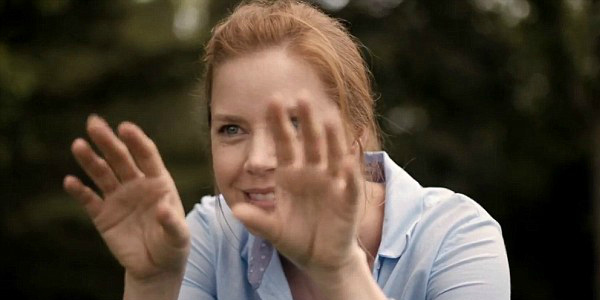
Why Does Louise Still Choose To Have A Child?
Here's where the human, emotional side of Arrival starts to factor in. The bulk of the film focuses on how a human being would react to, and process, the irregular experience of First Contact. And Denis Villeneuve and his screenwriter, Eric Heisserer, handle that beautifully (aided by an exquisite cast). Once heptapod has been spelled out, the movie starts to ask more probing and difficult questions about how one would live if they'd mastered heptapod. Specifically, if Louise knows that the child she'll eventually give birth to is going to die, would she still have the child? Louise decides that she will, because the moments of bliss that she will have with Hannah far outweigh the pain she will have when she loses her. As Alfred Lord Tennyson quotes, "Tis better to have loved and lost than to never have loved at all." The crux of the conflict is that Louise's eventual husband, Ian (Jeremy Renner), disagrees with that decision, and this -- I believe -- is why he eventually leaves her in their shared future. Does it HAVE to play out that way? Let's discuss.
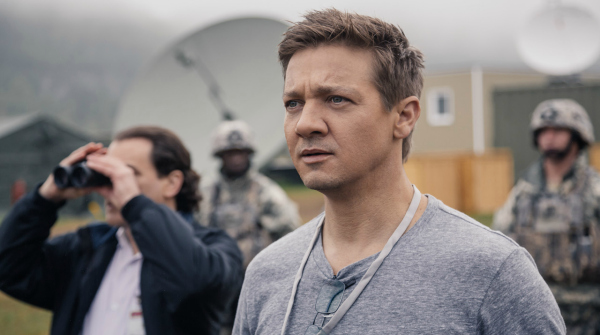
Is Louise Able To Change Her Future?
Here's where I disconnect with Arrival, briefly. In researching the heptapod language, it is explained that those who "speak" it can see the entirety of their own personal timeline, from start to finish, and their version of "free will" means that they CHOOSE not to change anything that is destined to happen. I don't see how that's possible. Louise, for example, sees that Ian will leave her because he'll think that she made a bad choice (perhaps in not telling him in advance that their daughter, Hannah, will die). But what if he changes his mind? What if, one day, he realizes he can forgive her? The future, by definition, has to be fluid and susceptible to change because events haven't yet happened, and I view that as a flaw of the heptapod language. Aren't you really only seeing one POSSIBLE translation of a person's timeline? What if, before she dies, someone on the other side of the planet discovers a cure to Hannah's disease? Would her future be different? Or is it set in stone?
Like all brilliant sci-fi, Arrival leaves us with fantastic questions that we enjoy chewing over. What do you think about the discussion points in this feature? Are we way off? Or are there moments in Arrival that we overlooked, that mean something different? We're heading back in to see it again, but let us know what you are thinking in the comments section below.

Sean O’Connell is a journalist and CinemaBlend’s Managing Editor. Having been with the site since 2011, Sean interviewed myriad directors, actors and producers, and created ReelBlend, which he proudly cohosts with Jake Hamilton and Kevin McCarthy. And he's the author of RELEASE THE SNYDER CUT, the Spider-Man history book WITH GREAT POWER, and an upcoming book about Bruce Willis.
